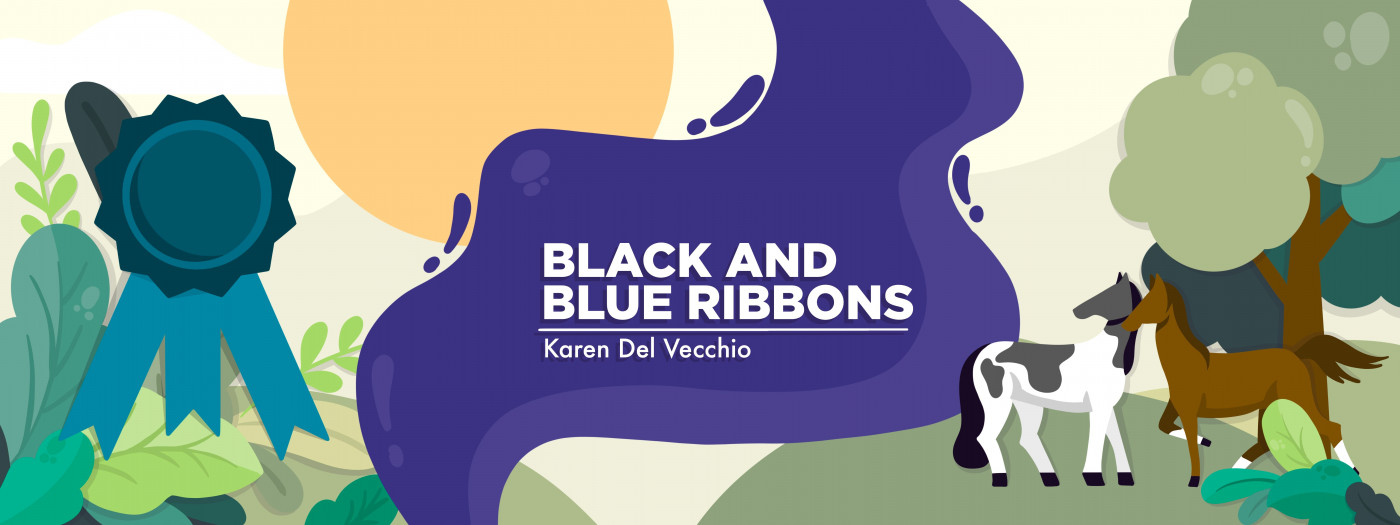When I’m out of energy and need a nap, I’m not letting EDS win
I'm not surrendering to my disease when I manage it by taking a rest break
Written by |

As I stress on the phone about how I have no idea what my schedule looks like for the next day and I don’t know what I’m going to do, my mom calmly cuts in and says, “Go take a nap. If it’s still a problem when you wake up, sort it out then.” After napping on the couch for a bit, I wake up feeling much better and am no longer stressed about the next day.
These types of moments don’t happen terribly often, but when they do, I always look back and am glad I have someone to tell me to just sleep it off.
Some people get “hangry,” or that combination of being hungry and angry. I don’t, but when I’m overtired, I become a stressed-out, anxious-over-nothing mess until I get some sleep. I’ve always felt that this need for sleep is largely related to Ehlers-Danlos syndrome (EDS). It usually happens when my EDS-related chronic fatigue is combined with a more normal fatigue for a few days, with my EDS-related anxiety piled on top.
When fatigue meets stress
I’ve said many times that chronic fatigue, for me, is the worst part of dealing with EDS. It’s so frustrating to be tired pretty much all the time. Maybe once or twice a month my alarm goes off and I feel like I could get out of bed, rather than roll over and hit the snooze button a few dozen times before my second alarm, the one that warns me I’m going to be late if I don’t get up. I do OK once I’m moving, but I often wonder what it’s like to wake up rested and ready to start the day without an on-ramp.
Despite my fatigue, I usually don’t like to nap. My nature is much more inclined to push through until I’m finished. In the summer, though, I sometimes have to give in and nap occasionally, as the heat just seems to suck any remaining bit of energy out of me. But I don’t like to do it. Still, I reach a point where it takes every bit of energy I have just to function, and when that’s tapped out, I hit a wall. On those days my exhaustion can lead me to make mountains out of molehills, to quote a common phrase.
And honestly, that’s pretty much how it always goes — I get totally wound up over something completely not a big deal because my chronic fatigue and anxiety combine to result in the silly stress-out. As frustrated as I get when it happens, it’s amazing what a nap and a good night’s sleep can do.
I can be terrible about reining myself in, but I’ve learned that taking a break to nap and recharge — hopefully to avoid reaching that energy-zapped point in the first place — isn’t a surrender. It’s taking care of myself, and it’s taken me a long time to recognize that managing my EDS doesn’t mean it dictates my life.
On the flip side, learning to manage fatigue as best I can, even if that means slowing down, taking a nap, or saying no, helps me continue to do the things that I want to do. And that allows me to keep being the driver in my life, with EDS as just a passenger.
Note: Ehlers-Danlos News is strictly a news and information website about the disease. It does not provide medical advice, diagnosis, or treatment. This content is not intended to be a substitute for professional medical advice, diagnosis, or treatment. Always seek the advice of your physician or another qualified health provider with any questions you may have regarding a medical condition. Never disregard professional medical advice or delay in seeking it because of something you have read on this website. The opinions expressed in this column are not those of Ehlers-Danlos News or its parent company, Bionews, and are intended to spark discussion about issues pertaining to Ehlers-Danlos.





Wendy
This sounds SO familiar. I have severe ME/CFS now on top of the EDS. I have to rest many times during the day, but I too tend to keep pushing. I'm putting a stop to most of that as I read that body damage occurs with a CFS crash--damage that can slowly accumulate. I think that's why I've slowly become worse to the point where disability is looking likely. Rest, don't push!
Val A
I've been curious if my anxiety is EDS related. Idk if it's part of the disease process, or just the stress of constantly trying to manage myself and my environment so I don't hurt my body. Or both.
Karen Del Vecchio
Hi, Val. There's actually been research has noted the higher rate of anxiety in patients with EDS (there are several links embedded in that article). It's definitely a thing!
Mischa
Couldn’t have said it better myself, so I included the link to this post in a recent email. My other has always told me the same thing, and she knew what she was talking about. Now, I have the privilege to remind her of this, which she says she appreciates, because sometimes we don’t give ourselves “permission” to rest when we need to, or even BEFORE we need to. :-)
Julie
So timely. My thyroid level was way off and the first adjustment did not go well. Then came a new one. It has been five days and still exhausted. Plus gained 4 lbs in 10 days--eating for energy??? Not good. Your article has made me realize that since I have H-EDS I have to understand it better about accepting naps and extra rest may be part of my life now. I have never been a napper. Thanks for your article.